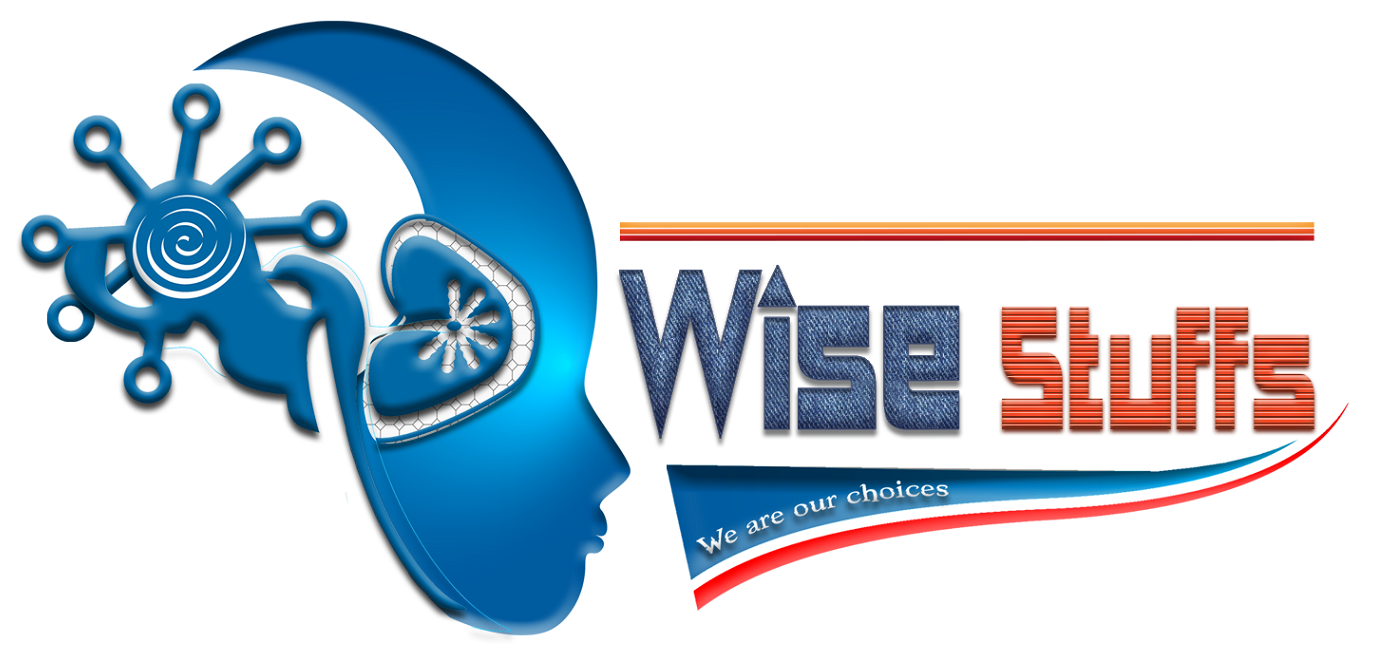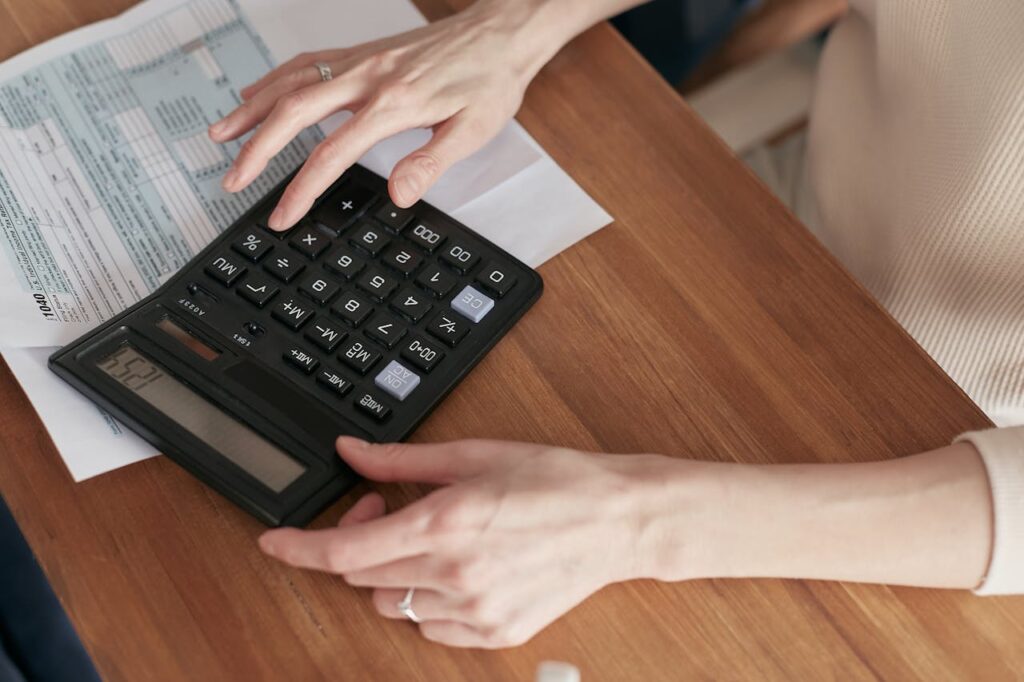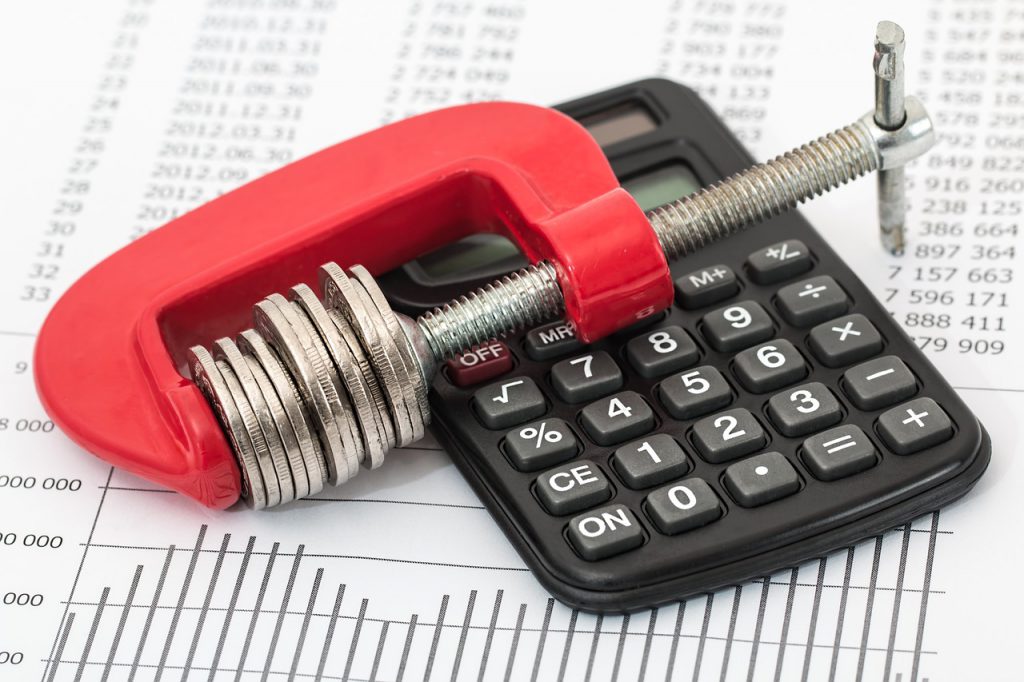Fast debt relief starts with working out the debts that need to be paid more often on a monthly basis. Repayment of debt can be achieved faster with thorough planning and discipline.
If you want to pay off your debts fast, check the valuable tips outlined here;
- Stop the accumulation of debts:
The best way to get out debt is to stop creating it. This alone can’t get you out of debt, but at least your debt won’t get worse than it was. If you are trying to get out of debt but continue to create more, you are wasting your life.
- Outline debts and creditors:
Find out who your creditors are (specifically the ones that add interest to your balance outstanding monthly); this is not just a mental picture, you have to consciously identify the interest-prone creditors – e.g. your credit card issuers, or lending institution that gave you home equity loans or student loan. Note that your mortgage holder should not be made part of this creditor schedule as it differs in nature
Make a list of your debts and creditors, total amount of debt owed, monthly payment and due dates. Refer to your debt list periodically as you pay your bills; ensure you keep updating your list. This will help keep you focused and motivated to pay off your debts.
- Take immediate action:
If you feel yourself starting to drown in debt, start immediately in tackling it before it gets worse. The longer you delay, the more it gets harder to get out. After identifying the set of creditors outlined above, work out the least weekly amount payable to each of them. This is how you work it out; divide the minimum monthly payment by the number of weeks contained in each month.
- Prioritize your spending:
If you can’t decide which of your needs to take care of first, concentrate on your basic needs like utilities and feeding and shelter, after your basics have been covered, then money should go towards servicing your debts like mortgage, car and credit cards debts. Select a creditor as your primary target; this is the creditor you would concentrate on to fully repay the debt owed. Your primary target creditor should get much money weekly than other creditors. If you have arrived at paying each identified creditor a sum of $20 per week, you could double this amount, or better still add another $10 to your primary target creditor’s weekly payment, while maintaining the fixed amount (in this case $20) for other creditors.
- Monthly payment increase:
As soon as you have fully discharged your financial obligations to your primary target creditor; get another target and transfer the weekly sum you paid to your first primary target to the next creditor you want to also pay off sooner. In essence, you will now be paying $40 or $30 to the next-in-line primary target creditor instead of $20. Paying the minimum on your debt servicing will only increase the debt duration. By the time you finally pay off your debts, you might have ended up paying double of what you initially owed.
- Budgeting for Debt Relief:
Perhaps you are having a difficult time with your monthly bills; in this case, a meaningful debt relief may incorporate budgeting. Simply earmark a certain amount from your monthly pay-check for expenses you have identified to be certain, you will also need to set aside another additional portion that you can resort to when unanticipated expenses arise. In general, try and live within your means, and avoid any expense by ‘impulse’; stick to your budget.
Alternatively, you may resort to credit counseling, this is especially for those who cannot just exercise self-control when it comes to sticking to budget. Credit counsellors will help you inculcate finance managing habits; however, you need to exercise care so that you don’t run into a shady credit counselling service provider and end up losing the little fund you have left.
- Debt Consolidation:
You can also find financial debt relief in debt consolidation. This system works by gathering your entire debts (e.g. loans or credit card debts), and makes it a lump sum into a single loan. The benefit of this system is that you can obtain substantially low interest rates, particularly when the debt consolidation incorporates a home or car; however, this is not the case when unsecured loans or credit card debt is involved. Debt consolidation typically involves the consolidation of your monthly bills into single payment that will not vary in the next few years. However, eligibility for debt consolidation strictly involves having a good standing credit record.
- Contacting your Creditors:
A temporal financial hardship can be handled differently; simply get in touch with your creditors and make your plight known to them. A situation where you have a positive record with them previously, it is most likely that your creditors will consider deferring your payment obligations in the mean time. However, most times, when you resume your payment obligations, you may pay a little more extra to make compensation for the deferred payment granted to you.
- Filling of Bankruptcy:
This form of debt relief should rather be a last resort. Bankruptcy will only add a dent to your credit report; try all you can to avoid this form of getting relief for your debt.
Financial debt relief is attainable; do not go into depression or excessive worry in times of financial crisis; stay optimistic and tell yourself that it will soon be over!









